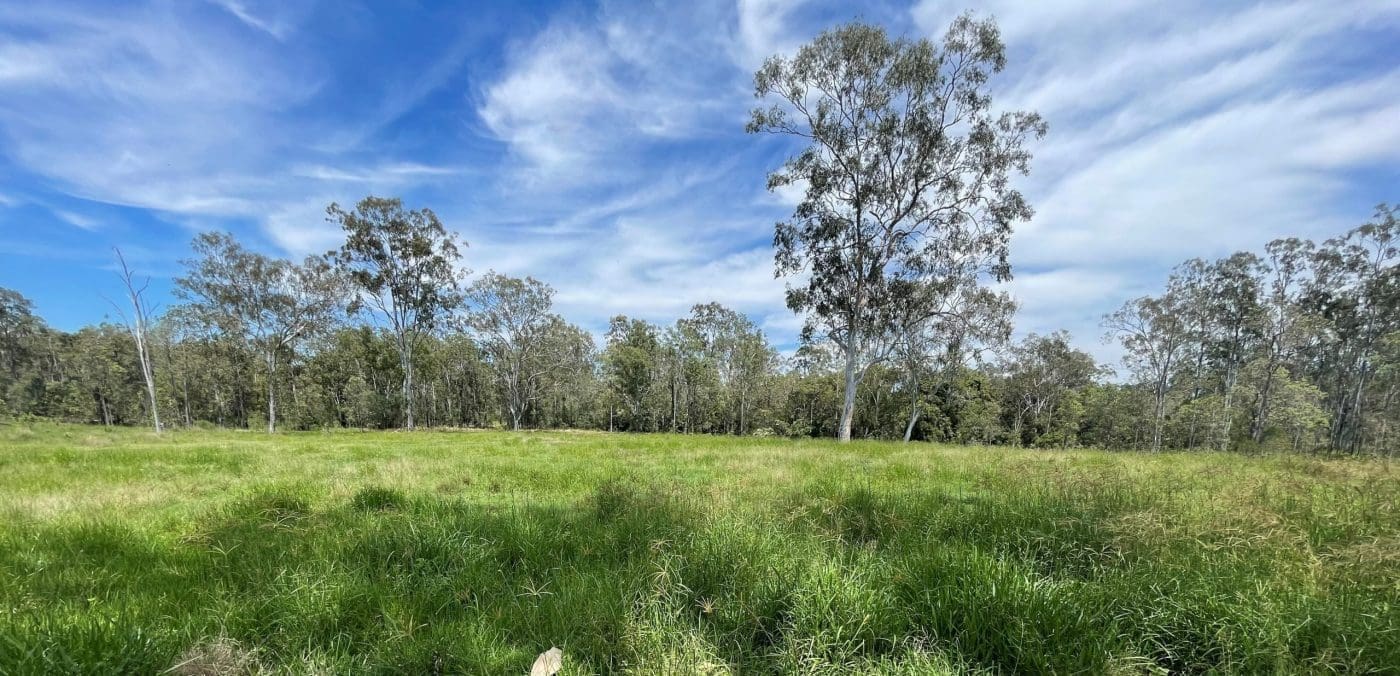AUSTRALIA’S largest soil carbon company has made a move across the Pacific – signing up its first project in the United States.Agriprove has been one of the driving forces behind the development of Australia’s soil carbon system, holding to the first soil project to receive Australian Carbon Credit Units and signing up the most soil carbon projects to Emissions Reduction Fund register.
The company’s managing director Matthew Warnken told the recent Cattle Australia forum in Albury it gone from 30 projects to 600 projects in three years – 69 percent of those projects are cattle producers.
Its first US project is also a cattle producer, with Hobbs Magaret from south-eastern Texas making contact with the company. He said Australia was leading the field in creating a market for soil carbon.
“The US is behind on this, part of it is a cultural thing and part of it is a business thing – I don’t think people see it as beneficial,” Mr Magaret said.
“When I started managing my property the way I did, I basically treated it like a carbon project, that’s why I started looking around for carbon companies.”
Managing drought through soil carbon
Mr Magaret moved onto his Texan property about three-years-ago and runs a ultra-high density grazing operation, moving stock three-to-four times per day.
He calls it the boulevard system, where he makes grazing strips alongside water points using temporary electric fences.
“In our most effective setup, it takes us longer to get out to the cows, than it does to actually move them because we really only need a back fence each time,” he said.
“It is less work than you think, but it is still something that not many people are going to do. One of the challenges Agriprove is particularly interested in is making this process more automated.”
Mr Magaret moved to the property just in time for one of the country’s most severe droughts in memory.
“last summer, people were lining up outside the cattle auctions to sell there animals because there was no grass,” he said.
“We had a lot of dieback of trees, which was brutal, but we were able to keep most of our feed stockpile. Right when I was going to get into my stockpile it started raining.”
View this post on Instagram
US projects working in a voluntary market
While the US does not have a government-regulated soil carbon system like Australia, it has many private systems that generate credits for the voluntary market – which companies usually purchase to make claims about having less emissions.
Microsoft used a US soil carbon scheme to make a well-publicised purchase of soil carbon credits off several Australian producers in 2019.
Mr Warnken said the company was looking for a voluntary market that had the same principals as the Australian market – and has been working with a company called BCarbon.
“We wanted to develop a hybrid approach, where we are using the Australia measure-model-remeasure approach and then adapt that to a local voluntary standard,” he said.
“Because Australia is the only country to have a regulated program, the bar is incredibly high in-terms of the science, the calculations and the rigour we have to go through. Commercialising the Australian system has given us some real insight.”
Looking for more opportunities in the states
Mr Warnken said the company was looking to expand in the states and into the other jurasdictions.
The company has recently signed a deal with ear tag company Ceres Tag, to help track the impact of management practices. Mr Warnken said technology, like Ceres Tags, are an integral part of soil carbon.
“Digital soil carbon stocks and digital grazing management are central to this transformation, positioning soil as a global solution to climate change with Agriculture continuing to embrace innovation as a key part of the solution to addressing climate change and aiming beyond net zero.”
Mr Warnken said the company was scouting more opportunities in the US.
“We see big potential in the states, the new metrics coming out are showing the soil carbon projects are a great way to improve ranch and farm efficiency,” he said.
“Texas has become the launch pad working with Hobbs and we will continue that work in other jurasdictions.”

